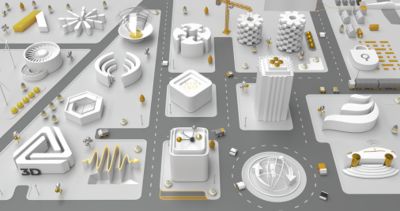Course Overview
The objective of this self-paced video course is to provide instruction on the use of the Fault-Tolerant Meshing (FTM) guided workflow in Ansys Fluent Meshing. Instructor demonstration videos teach trainees the skills needed to use the FTM workflow to generate high quality meshes for CFD simulation:
Prerequisites
- This course assumes that you have completed either the Ansys Fluent Meshing with Watertight Geometry or the Ansys Fluent Getting Started (New Fluent Experience) course. This is to ensure you are familiar with the use of the Workflow tab in Ansys Fluent Meshing and the Ansys Fluent Meshing user interface.
Teaching Method
Lectures and computer practical sessions to validate acquired knowledge.










